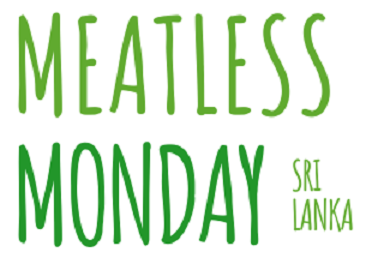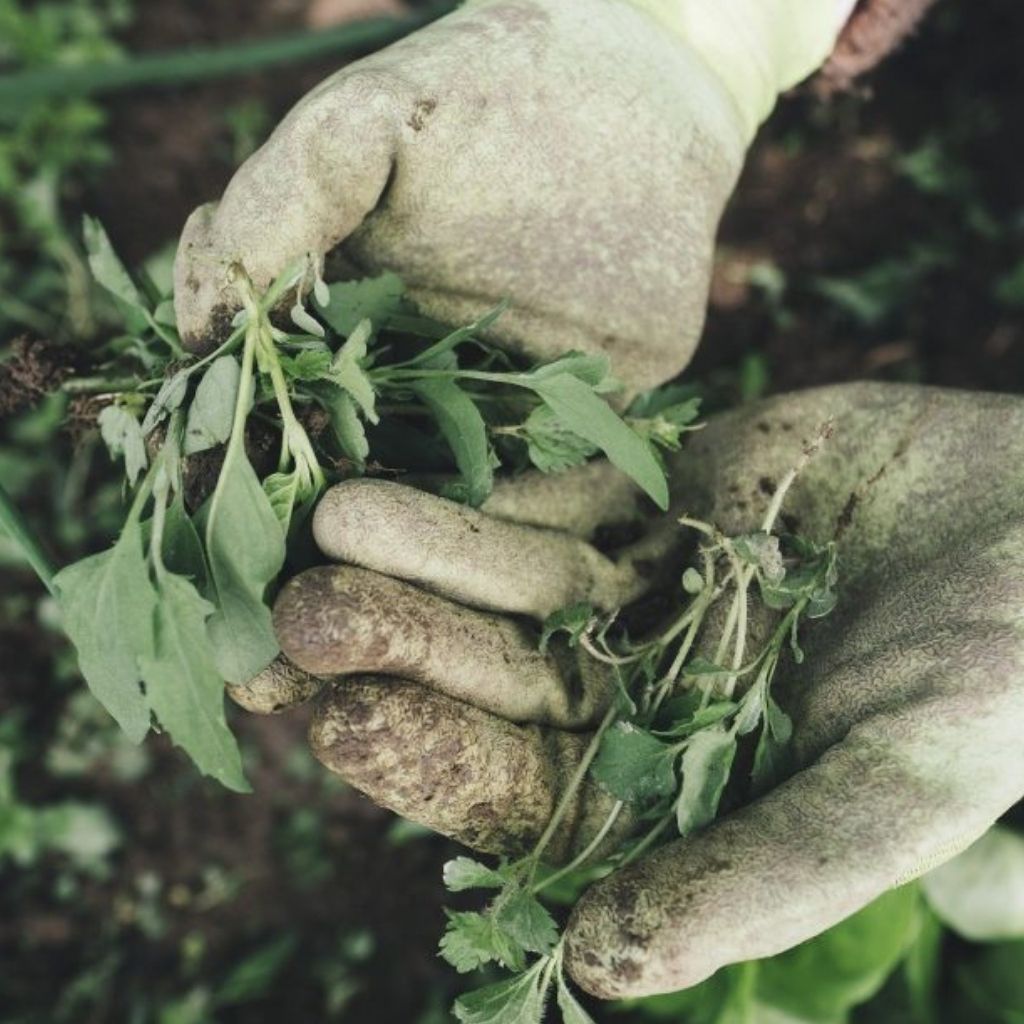Without a doubt, 2020 has been one of the most challenging years in recent history. The repercussions of our lifestyles are at play on a global scale. However, this article will not dwell in the doom and gloom but will focus on how transitions are happening for the better in times of adversity.
The Gift of Giving
While Christmas and the new year is a time of joy, peace and giving, it is also a time for over-indulgence, rampant commercialism and pollution.Yet this year we see a change. Instead of the grand scaled parties and gatherings, global populations are looking at quieter, more meaningful celebrations. Instead of excess there is a sense of sharing. With many livelihoods being lost and and being at risk, we see a lot of sharing and giving of one’s own food, clothing and gifts.
We are happy to see many organisations and individuals working tirelessly towards these objectives.
Gift of Knowledge
We are also seeing a massive increase in the gift of knowledge sharing. There are some world renowned experts and trainers conducting free webinars on many varied topics be it food systems, technology or even mindfulness including us at Meatless Monday Sri Lanka and Slycan Trust. Hope over to our FB pages for more information on Food Systems, Just transitions, Climate change, sustainable living and youth involvement.
Gifts
Speaking of gifts, let’s understand the value it adds to the giver and how it can impact people and environment. Concepts of repurposing, reusing, upscaling are sustainable trends that we can opt for. Gifts that are biodegradable and ethical add value to every person in this transaction from production to consumption.
Stores such as Selyn with their zero waste policy, use every little bit of their ‘production waste’ to make something amazing be it their clothing, kids toys, linen, reusable sanitary napkins or accessories. https://selyn.lk/
Just Goodness is a great place to shop for eco friendly products ranging from soaps to food. Here you can take in your own containers to fill up products that are all natural and chemical free.
Packaging
A lot of the products we buy are packaged in non biodegradable matter. It is time to transition to eco-friendly packaging. Perhaps, C-19 can inspire innovation that can change the world as we know it. There are a number of startup eco friendly packaging companies in Sri Lanka who use natural, biodegradable raw material for their packaging products. Ananta Sustainables, Eco 360’, Green Choice are few options to look out for.
The Joy of growing
One of the greatest risks we are facing right now is food security. There are many good systems that are at risk and we will have to rethink our eating habits. Here are some important questions that we have to ask ourselves before consuming our food.
- What are the sources of my food?
- Where is it grown or extracted from?
- How and who grows it?
- How is it transported?
- What sort of process does it go through before being on the shelf
With lockdowns being enforced all over the world, food distribution has come to a standstill and those who have been affected as always are the vulnerable communities. The Meatless Monday worldwide campaign is all about promoting a cruelty free food system that encourages meat reduction. In fact, a plant-based diet has been the solution to many during these times and the emergence of home gardening and urban gardening practices is now well underway.
Home grown food is organic and fresh and readily available. It is sustainable and allows you to be self-sufficient. Furthermore, it is something you can share with others. It encourages exercise and provides a natural source of vitamin D. Many communities who did not have access to food through normal channels practiced this method during lockdown and managed to survive through goodwill and sharing.
Learn more about addressing climate risks and food security in the face of COVID-19 and beyond, inclusive partnerships for sustainable and regenerative food systems and just transition in the food sector covered in the Virtual Summit on Resilient and Regenerative Food Systems organised by SLYCAN Trust. These webinars include industry experts and world-renowned speakers. A must-watch. https://slycantrust.org/knowledge-portal/webinars
Further, if you are interested in home-gardening, the link below will give you a fantastic general overview in sinhala. Conducted by Mr Udaya De Silva – the face of home-gardening in Sri Lanka it was one of the many webinars we had this year.
Sharing lifestyles
Above all, an interesting realisation that has set in is that we may have led isolated lives well before physical isolation became the new reality. When the fast paced life slowed down abruptly, we have now found ourselves lost, lonely and depending on systems without faces. At times of need the lifestyle we had led previously means little.
In the end it is the neighbours, friends and family, the local food suppliers and business owners who have become our safety blanket.
Perhaps it is time we understand that in order to lead a life that can sustain the mental, physical and social wellbeing of ourselves, we need to build a lifestyle that enriches sharing, empathy and kindness to those around us and the planet we live in.
So with that, we at Meatless Monday Sri Lanka wish you all a happy, cruelty free Christmas and a joyous, safe and sustainable 2021.

